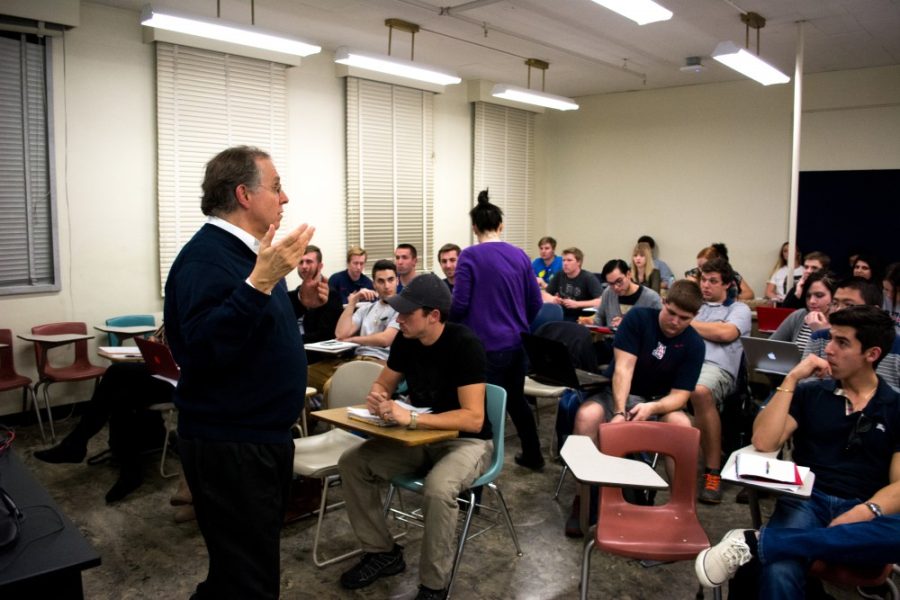In a new report, No More Deaths alleges rampant mistreatment of migrants by United States Border Patrol agents along the U.S-Mexico border, including the denial of basic human needs.
No More Deaths, an Arizona-based activist organization whose mission is to bring an end to violence, suffering and death on the U.S.-Mexico border, recently released a report that said mistreatment of migrants in short-term Border Patrol custody is common and that there is not adequate oversight to prevent abuse. The report, “A Culture of Cruelty,” was released publicly last Wednesday.
Katerina Sinclair, a consultant at the Norton School of Family and Consumer Sciences, provided free statistical consulting for the report outside of her duties at the university and said the results showed widespread mistreatment, surprising No More Deaths members.
“When you shock No More Deaths people, that’s pretty amazing,” she added.
To compile the report, No More Deaths volunteers conducted 4,103 individual and group interviews with 12,895 migrants in Nogales, Naco and Agua Prieta, in Sonora, Mexico.
The report showed 2,981 migrants were denied food, 863 were denied water and countless others received food and water that was deemed unsuitable while in Border Patrol custody. In total, volunteers identified 32,075 cases of abuse, and 10 percent of interviewees reported incidences of physical abuse. Additionally, 869 people, including 58 minors, said they had been deported separately from their families and many were repatriated to unfamiliar cities with no family or friends to help them.
Border Patrol agent Colleen Agle said the agency appreciates the report and will address these concerns. Agle said that when the Border Patrol discovers that employees are violating migrants’ rights, they are disciplined accordingly.
“We want to make sure people are treated with respect and dignity,” she said.
According to Joseph Wilder, director of the Southwest Center at the UA, such abuse is plausible. Wilder said this could be a shift in the overall mission of the Border Patrol, which used to be to save lives. Wilder, who has crossed the border many times on field trips with students, said the purpose of the Border Patrol now is to prevent the flow of drugs, immigrants and ultimately terrorists into the United States. Today, the border is “bristling with big young guys with a lot of guns,” he said. “They are looking for that bomb that’s coming through.”
Jeremy Slack, a geography graduate student working on a project similar to No More Deaths’, said he believes mistreatment of migrants by the Border Patrol happens because of the size of the agency. Over time, the Border Patrol has taken on the responsibility of tackling drug trafficking, national security and immigration, making it difficult to oversee. Slack said he believes good things come out of the Border Patrol, but “we should always strive for something better in our authorities.”
According to Sinclair, it’s necessary to acknowledge that the mistreatment of migrants is a human rights issue that goes deeper than the Border Patrol.
“This is about how we as a country treat people,” she said. “We need to decide as a country whether we are willing to let people violate our human rights in the name of security.”
Students are taking a stand on migrant rights as part of the campus chapter of No More Deaths. Daniel Curiel, co-founder of the club and a senior studying political science and history, said he hopes the report will raise students’ awareness of the obstacles migrants face on the border.
“At the U of A,” he said, “you can really just isolate yourself from other people’s woes and other people’s problems.”
UA chapter members will work with No More Deaths to raise awareness and petition the federal government to take action. Curiel said he believes the migrant rights issue impacts the UA community and that students can help change the situation. The UA chapter of No More Deaths will meet today at 2 p.m. in the Center for Student Involvement and Leadership.








